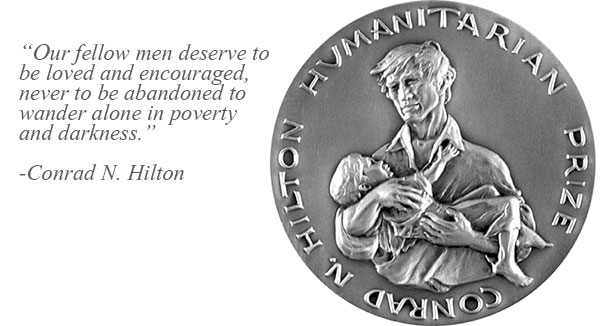Ringleader’s death in prison does not undo damage he did to U.S. during Cold War.
“What has happened to me is unfair,” John Anthony Walker Jr., whined to me in 1985 after the FBI nabbed him delivering 129 top secrets to a Russian KGB contact. Walker insisted his spying didn’t matter because the U.S. and Soviet Union were not at war.
Years later in a self-serving autobiography, he went a step further by claiming he’d actually helped end the Cold War. The secrets that he’d sold convinced the Kremlin that it could never match our military superiority so its leaders had simply given up.
No one believed his cockamamie claims, but that didn’t faze him. Walker showed me his grandiosity during one of our first jail house interviews when he bragged: “A new encyclopedia was just published. I’m in it. You’re not!”
A Navy warrant officer when he volunteered to spy for the Russians, Walker successfully recruited his older brother, Arthur , son Michael , and best friend Jerry Whitworth — all sailors. During an 18-year span, the ring sold the Soviets so many secrets a KGB defector, Vitaly Yurchenko, later called it “the greatest case in KGB history” and declared, “If there had been a war, we would have won it.”
The contempt Walker showed for his country equaled the contempt he showed toward his own family. He verbally abused his four children, especially his three daughters, who he described with crude expletives during our talks. He urged one to abort his unborn grandson so she could enlist and spy for him. She didn’t do either. Wife, Barbara, a self-admitted alcoholic, claimed he physically beat her. She slept with Arthur, while John cheated with women half his age. He admitted grooming his own son to “take over the family business,” telling me that he was doing Michael a favor turning him into a KGB spy because he was too inept to succeed at anything without Walker’s fatherly help.
Before Walker, the most infamous spy scandal happened in 1951 when Julius and Ethel Rosenberg were convicted of passing U.S. atomic weapons secrets to the Soviet Union and were executed. Americans were thought to have “attitudinal loyalty.” We didn’t betray our nation like the English or French. Loyalty was born in our blood. When I asked the sailors who’d worked alongside Walker why they weren’t suspicious of his newfound cash–he moved his family into a swanky apartment complex, bought a sports car, a sail boat, and took his college-age mistress on Caribbean vacation–they said they thought Walker was moonlighting as a pimp. The idea that he might be a traitor never entered their minds.
Shortly after Walker’s arrest, seven others were caught spying, causing 1985 to be dubbed “The Year of the Spy.”
Walker’s treason not only harmed our nation, it forever ended our belief that Americans don’t sell out their country for 30 pieces of silver. That sad fact should be noted when his death is reported in a new encyclopedia.
Pete Earley is author of The New York Times bestselling book Family of Spies: Inside the John Walker Jr. Spy Ring.







